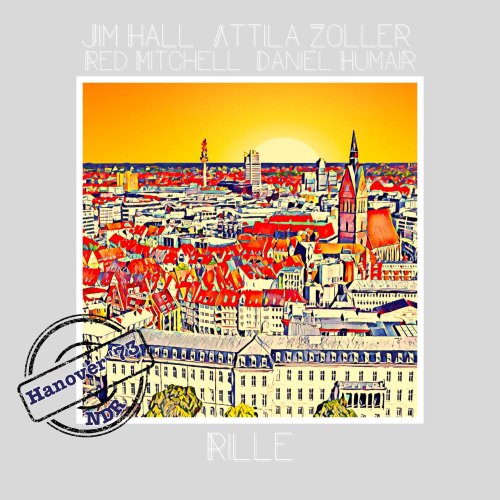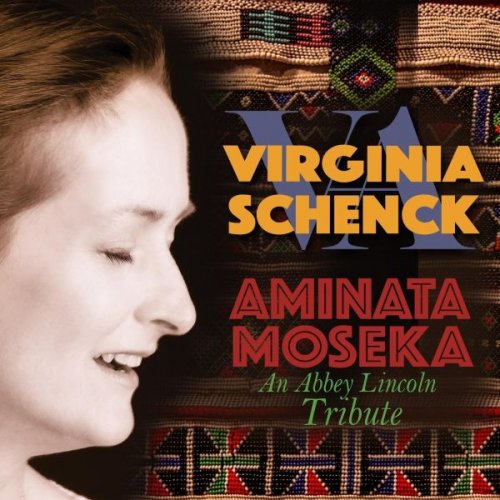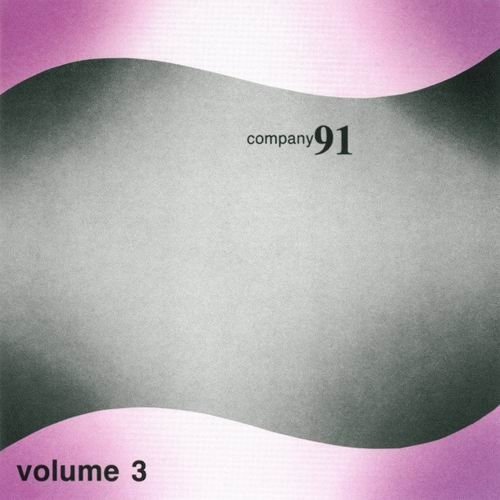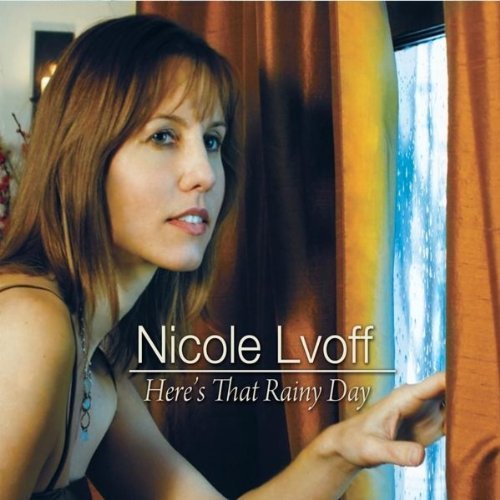Collegium Vocale Gent & Philippe Herreweghe - Gesualdo: O dolce mio tesoro. Madrigali a cinque voci, Libro sesto (1611)
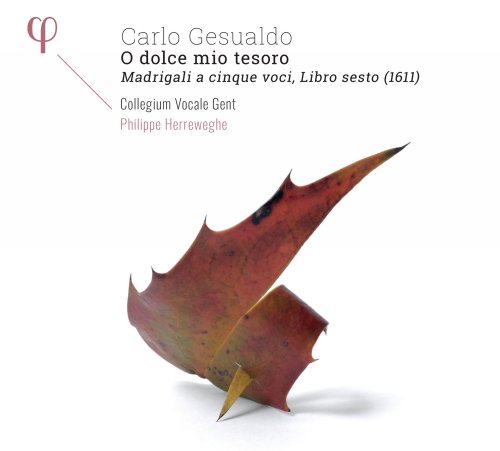
Artist: Collegium Vocale Gent, Philippe Herreweghe
Title: Gesualdo: O dolce mio tesoro. Madrigali a cinque voci, Libro sesto (1611)
Year Of Release: 2016
Label: PHI
Genre: Classical
Quality: FLAC (image + .cue, log, artwork)
Total Time: 75:15 min
Total Size: 257 MB
WebSite: Album Preview
Tracklist:Title: Gesualdo: O dolce mio tesoro. Madrigali a cinque voci, Libro sesto (1611)
Year Of Release: 2016
Label: PHI
Genre: Classical
Quality: FLAC (image + .cue, log, artwork)
Total Time: 75:15 min
Total Size: 257 MB
WebSite: Album Preview
Carlo Gesualdo (1566-1613)
[1] Se la mia morte brami
[2] Beltà, poi che t'assenti
[3] Tu piangi, o Filli mia
[4] Resta di darmi noia
[5] Chiaro risplender suole
[6] 'Io parto' e non più dissi, ché il dolore
[7] Mille volte il dì moro e voi, empi sospiri
[8] O dolce mio tesoro
[9] Deh come invan sospiro
[10] Io pur respiro in così gran dolore
[11] Alme d'amor rubelle
[12] Candido e verde fiore
[13] Ardita Zanzaretta
[14] Ardo per te, mio bene, ma l'ardore
[15] Ancide sol la morte
[16] Quel 'no' crudel, che la mia speme ancise
[17] Moro, lasso! al mio duolo
[18] Volan quasi farfalle ai vostri almi splendori
[19] Al mio gioir il ciel si fa sereno
[20] Tu segui, o bella Clori, un fuggitivo core
[21] Ancor che per amarti io mi consumi
[22] Già piansi nel dolore
[23] Quando ridente e bella
Performers:
Collegium Vocale Gent
Philippe Herreweghe
A personalityv has who provoked considerable controversy over the centuries, Carlo Gesualdo (1566- 1613), aristocrat, musician and murderer of his first wife, is no less a composer whose music is marked by subtlety and refinement. His innovative Sixth Book of Madrigals, written two years before his death, exploits all harmonic, chromatic, and textural possibilities to meet the texts’ expressive requirements and proves to be a veritable masterpiece of the genre.
After a first disc devoted to the Italian composer’s sacred works, the Tenebrae Responsoria, Philippe Herreweghe and his Collegium Vocale Gent invite us to (re)discover his secular music for the 450th anniversary of his birth. In masterful fashion, they propose a delicate, expressive reading of this complex music, doing justice to the modernity of the musical language of the Prince of Venosa. The acoustics of the church in the little Tuscan village of Asciano, where the programme was recorded in 2015, provides an ideal sound setting for this music.
After a first disc devoted to the Italian composer’s sacred works, the Tenebrae Responsoria, Philippe Herreweghe and his Collegium Vocale Gent invite us to (re)discover his secular music for the 450th anniversary of his birth. In masterful fashion, they propose a delicate, expressive reading of this complex music, doing justice to the modernity of the musical language of the Prince of Venosa. The acoustics of the church in the little Tuscan village of Asciano, where the programme was recorded in 2015, provides an ideal sound setting for this music.
